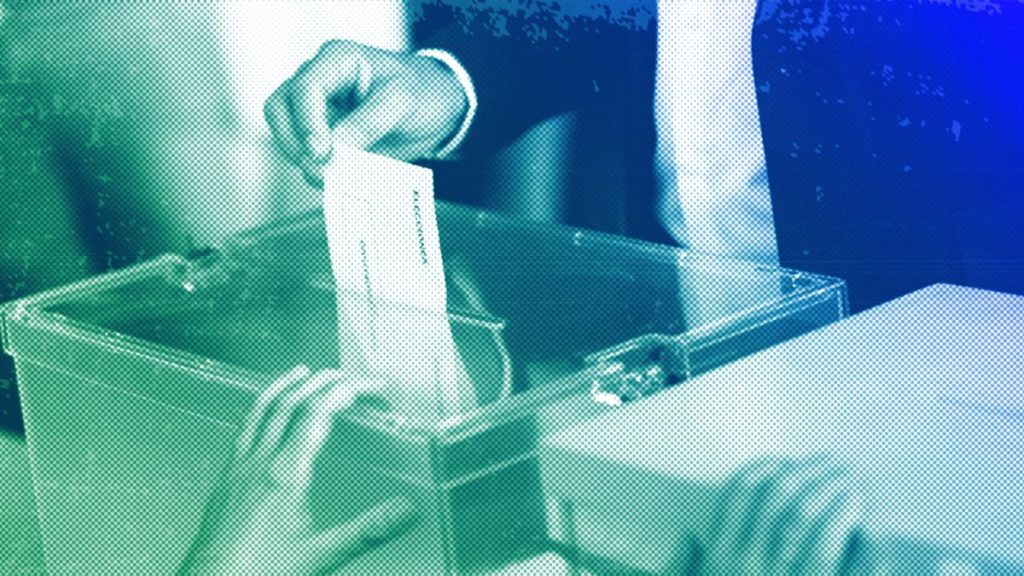The author discusses the relationship between the European Union and its citizens, highlighting the mixed perceptions and mistrust that exist alongside high expectations. A survey conducted by Euroconsumers found that while people appreciate the EU’s handling of the COVID-19 pandemic, there is low consumer satisfaction with the EU’s approach to inflation and the cost of living crisis. Despite this, there is a lack of awareness among citizens about the positive impact the EU has had on consumer rights, such as the right to product repairs and better protection against energy providers.
The author points out that even well-established consumer wins, such as the right to send back products when shopping online or no more roaming charges, are not widely recognized as EU initiatives by half of Europe’s citizens. This lack of awareness is attributed to the fact that many feel poorly informed by their national media, as well as the tendency of some national policymakers to blame Europe for negative outcomes but claim credit for positive ones. However, surveys show that a majority of citizens want their leaders to act as Europeans first and express high hopes for the EU to address issues such as access to affordable medicines, sustainable food, and fighting financial scams.
With the European elections approaching on June 9th, the author emphasizes the importance of casting a vote to shape the direction of the EU and ensure it works in the best interests of consumers. Despite the lack of awareness among many citizens about the different political election programs, there is still an opportunity for them to learn more and make informed decisions. The author emphasizes the need for citizens to take the European elections seriously and not treat them as second-rate, as the decisions made in Brussels have a significant impact on daily life.
The author highlights that consumers have given the EU a clear mandate to address important issues such as access to affordable medicines and fighting financial scams, with a majority of citizens deeming these issues very important. The responsibility falls on both the new European leaders and the European people to determine the direction in which the EU will move forward. The author encourages citizens to engage in the election process and make their voices heard, as Europe’s future depends on the choices made by its citizens. Ultimately, the author stresses the importance of taking the European elections seriously and recognizing the influence of the EU on daily life.


